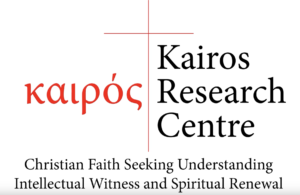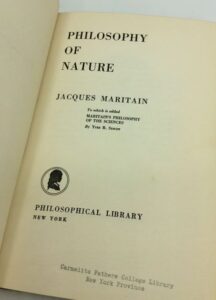 |
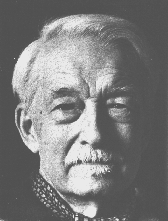 |
The earlier post, Models of Integration of Science and Faith – Science and Christianity: Part 5/6, analyses different models for the relationship between of science and Christianity: conflict, independence, complementation, dialogue, integration and transformation. However, the absence of discussion on the epistemological foundations underlying the typology of models gives the impression that it is based on pragmatic and arbitrary criteria. What is missing is a philosophy of nature and metaphysics of knowledge to ensure that the process of integration is empirically well founded and logically coherent . The purpose of the present post on Jacques Maritain’s Three Degrees of Abstraction is to fill a lacuna found in the earlier discussion.
===============================
Many scientists today assert that modern empirical science and the “scientific method” is the best, if not the final arbiter of any truth claim about the world and reality. The premise of this assertion is that physical reality is the only reality and all truth claims must be empirically verifiable. Continue reading “Metaphysics of Knowledge and Empirical-Mathematical Science. Jacques Maritain’s Three Degrees of Abstraction”

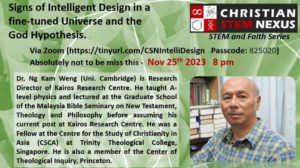
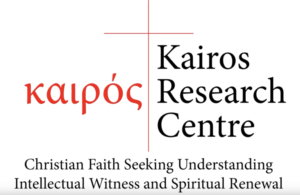
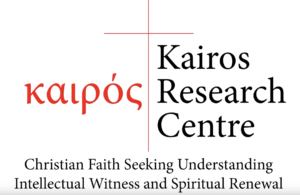 Series: Fine-tuning of the Universe and Intelligent Design
Series: Fine-tuning of the Universe and Intelligent Design